Ensuring Successful Academic Orientation to Avoid Moral and Financial Difficulties



Academic orientation represents a crucial step in an individual’s life journey. The choice of education and future career path can significantly impact one’s moral and financial well-being. Unfortunately, many students find themselves disappointed with their choices, leading to both personal and financial challenges. In this article, we will delve into strategies to ensure successful academic orientation, thereby avoiding these detrimental consequences.
Part 1: Understanding the Stakes of Academic Orientation
Before diving into strategies to avoid unsuccessful academic orientation, it’s important to grasp the stakes involved. Academic orientation plays a major role in shaping an individual’s future career and personal fulfillment. A poor choice can lead to years of disillusionment, frustration, and financial difficulties. Thus, it’s crucial to approach this decision with careful consideration.
Part 2: Conducting Comprehensive Self-Assessment
The first step to avoiding unsuccessful academic orientation is to know oneself. Conducting a comprehensive self-assessment of interests, skills, values, and aspirations is essential. This may involve introspective exercises, discussions with trusted individuals, personality tests, and practical experiences such as internships or volunteer work. The better one understands their motivations and preferences, the easier it becomes to make informed decisions regarding academic orientation.
Part 3: Conducting In-Depth Research on Available Options
Once armed with self-awareness, it’s time to conduct thorough research on available education options. This includes examining academic programs, universities, vocational schools, and alternative education paths. It’s important to consider not only the subjects taught but also the institution’s reputation, post-graduation employment prospects, costs, and funding opportunities.
Part 4: Consulting Career Counselors
Career counselors are invaluable resources for students seeking to avoid unsuccessful academic orientation. They can provide personalized guidance, information on various career options, as well as resources to make informed decisions. Students can also benefit from career orientation programs, coaching sessions, and mentorship to help them find their path.
The Genyo test can also help you confirm your career ideas or potentially provide other avenues for thorough consideration. Our test provides you with the 30 professions that are precisely tailored to you based on your skills, what you enjoy, and what you desire in a professional setting. Therefore, it can be of great assistance in progressing with your decisions.
Part 5: Exploring Internship and Volunteer Opportunities
Another way to avoid unsuccessful academic orientation is to explore internship and volunteer opportunities in potential areas of interest. This allows students to familiarize themselves with the working world, gain practical experience, and test their interests before committing to specific education paths. Internships and volunteer work can also provide valuable networking and mentorship opportunities, which can help students make informed decisions about their career orientation.
Part 6: Evaluating Employment and Remuneration Prospects
Finally, it’s essential to evaluate employment and remuneration prospects associated with different career options before making a final decision on academic orientation. This may involve researching information on placement rates, average salaries, and labor market trends in potential areas of interest. It’s also important to consider factors such as market demand, geographic mobility, and professional advancement opportunities.
Conclusion: Making Informed Decisions for a Successful Future
In conclusion, avoiding unsuccessful academic orientation is crucial to ensuring a successful future, both morally and financially. By conducting comprehensive self-assessment, conducting in-depth research, consulting career counselors, exploring internship and volunteer opportunities, and evaluating employment and remuneration prospects, students can make informed decisions about their academic orientation. By investing time and effort into this process, they can avoid the moral and financial difficulties associated with poor academic orientation choices and set themselves on the path to professional and personal success.
Take our test and find out which jobs are right for you:




